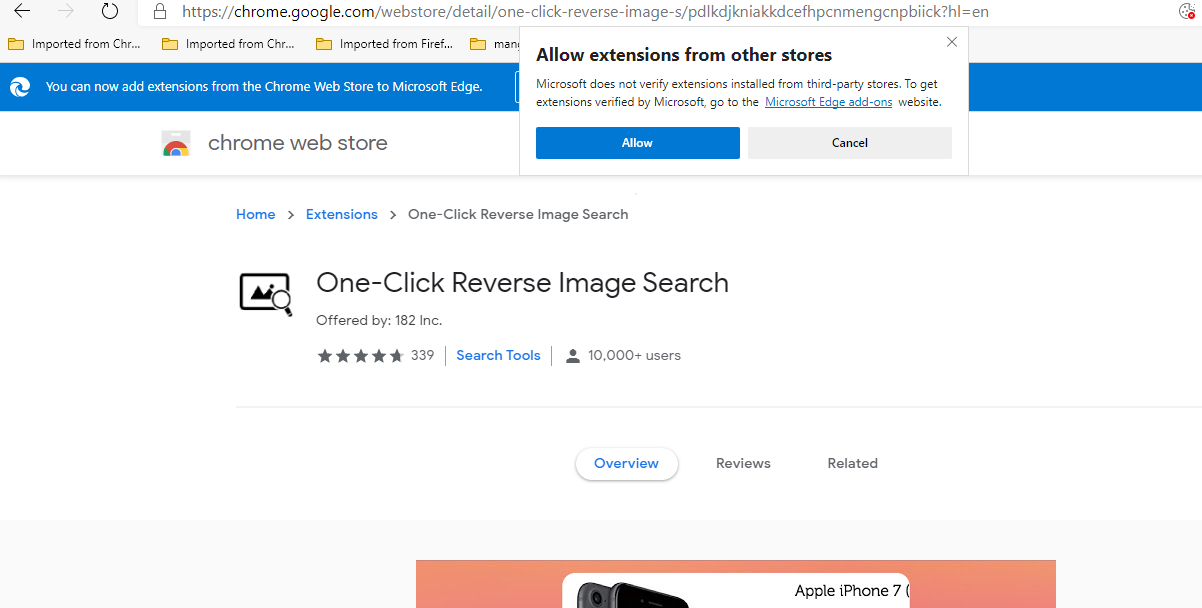Pratyusha Avadhanula, senior program manager with the Microsoft Edge extension team, recently walked developers through the new extension submitting process. In her talk at Microsoft Build 2020, Avadhanula detailed the registration process, the differences between the Chromium APIs and the new Microsoft Edge APIs, and the features roadmap. Edge users can additionally install existing Chrome extensions, with some caveats.
Developers can submit an extension to the new Microsoft Add-ons Store (in beta) provided they register to the Edge Add-ons program. Currently, this step may force developers to use additional Microsoft products, as the provided email must correspond to an Outlook/live/Hotmail account. Registration is however free. The Chrome extension store does not mandate a Google address but may require a one-time developer registration fee ($5 USD at the time of publication of this article).
An extension can be submitted on behalf of an individual developer or a company - both options having a different vetting process. When registering themselves with the Edge Add-ons program, developers must provide personal data such as address and phone number.
When registering their extension, developers may choose the markets (regions) in which the extension will be available. This caters for the cases where the extension would not be legal in some geographies. Avadhanula emphasized that developers should provide website, support content and age rating details. Developers should pay special attention to providing the search terms relevant to the extension to ensure the discoverability of their extension.
Once the extension is submitted, a review process proceeds. The official SLA for this review process is seven business days. The review process may however be limited to a single day in optimal cases. Avadhanula warned that requiring broader permissions for the extension will increase the scrutiny of the review team and may lengthen the reviewing time. Seeking broad permission without the right justification may result in a rejection. An extension will for instance not go through if the developer does not provide a privacy policy and the extension accesses user data.
Chromium extensions are mostly compatible with the new Microsoft Edge store. Avadhanula mentioned however a few Google-specific APIs which are not supported by the new Microsoft Edge (e.g. chrome.gcm – related to the Google Cloud Messaging services, or chrome.identity.getAccounts).
The Edge browser however warns users the first time they are trying to install a Chrome extension, with a message that encourages them to go to the Edge add-ons website for Microsoft-approved extensions:

On the other hand, Google also briefly warned against installing Chrome extensions on Microsoft Edge – the warning reportedly did not appear on other Chromium browsers:

In terms of roadmap and future features, Avadhanula mentioned the ability for developers to register with a work account, and group management of user accounts; Analytics and an API for extension submitting are also part of the envisioned features. Microsoft also plans to include options that support paid extensions and the promotion of extensions.
The full talk is available online, and contains many additional details not mentioned in this article.